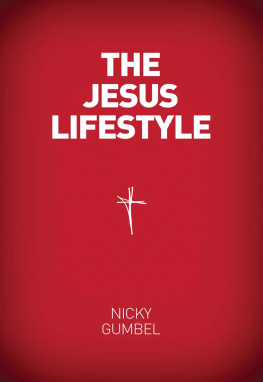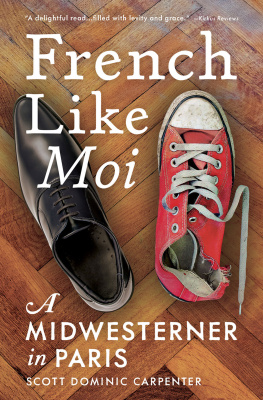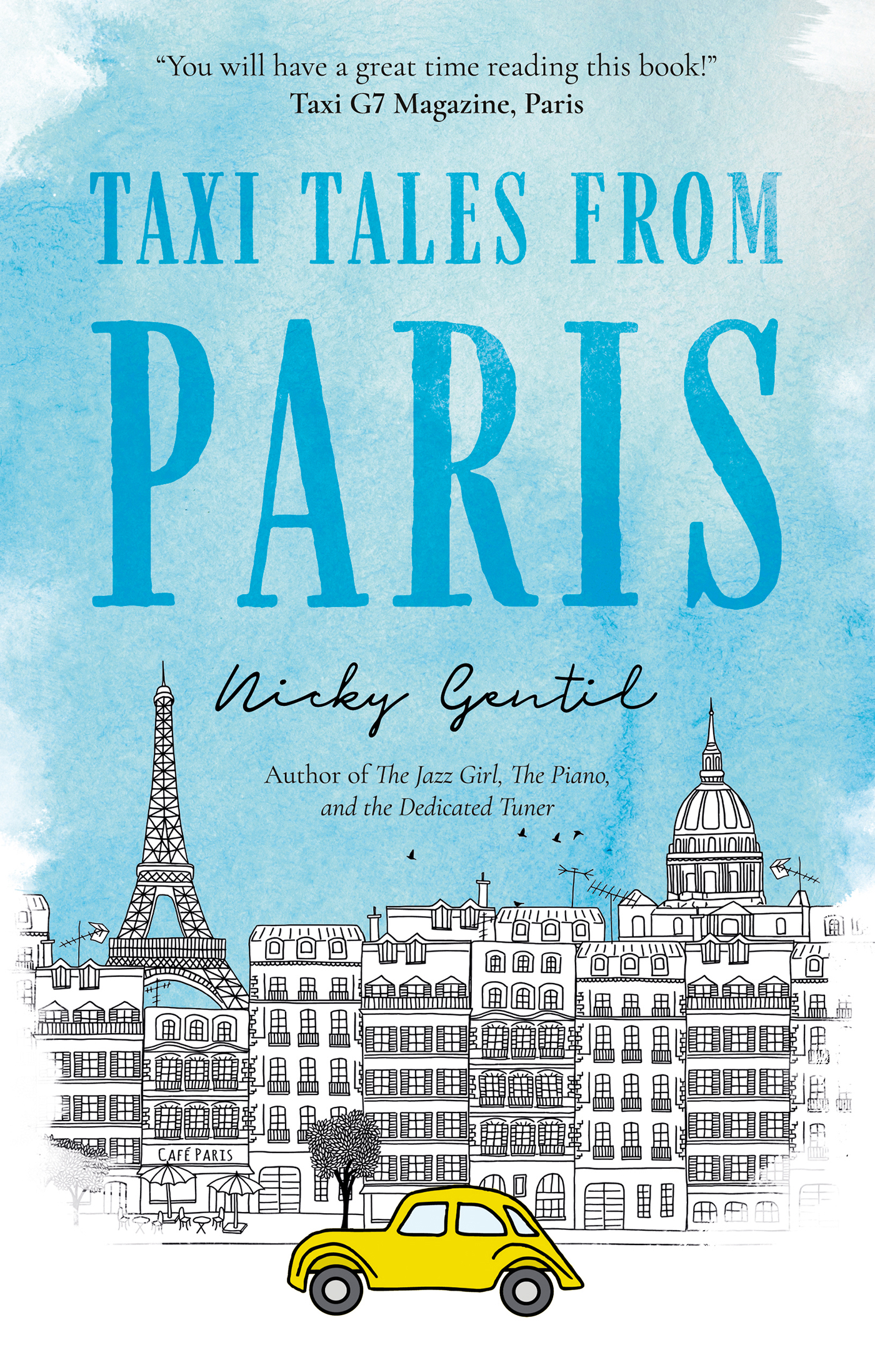Copyright 2020 Nicky Gentil
The moral right of the author has been asserted.
Apart from any fair dealing for the purposes of research or private study, or criticism or review, as permitted under the Copyright, Designs and Patents Act 1988, this publication may only be reproduced, stored or transmitted, in any form or by any means, with the prior permission in writing of the publishers, or in the case of reprographic reproduction in accordance with the terms of licences issued by the Copyright Licensing Agency. Enquiries concerning reproduction outside those terms should be sent to the publishers.
Matador
9 Priory Business Park,
Wistow Road, Kibworth Beauchamp,
Leicestershire. LE8 0RX
Tel: 0116 279 2299
Email: books@troubador.co.uk
Web: www.troubador.co.uk/matador
Twitter: @matadorbooks
ISBN 9781838597207
British Library Cataloguing in Publication Data.
A catalogue record for this book is available from the British Library.
Matador is an imprint of Troubador Publishing Ltd
For my husband Etienne, who good-naturedly indulges my increasing inclination to take taxis when public transport will indeed do!
About the Author
In 1988, fresh out of Oxford University with a degree in French and German, Nicky Gentil moved to Paris to pursue a career in translation.
Some twenty years later having acquired a husband and two children along the way! she took up jazz improvisation on the piano, rapidly discovering a great passion for it, so much so that, in 2016, she published a book on the subject. Her first published work, La jazz-girl passionne et son dvou accordeur (ditions Beaurepaire), is a light-hearted, feel-good account of her unexpected road to jazz.
The book received an overwhelmingly positive response at Frances 2016 EuroPiano Congress. Consequently, at the suggestion of the English-speaking attendees and in light of numerous requests from family and friends in the UK, she translated her work into English. It was published in March 2018 under the title The Jazz-Girl, the Piano, and the Dedicated Tuner (Matador Publishing).
In October of that same year, she also published Petits dialogues en taxi (ditions Beaurepaire) a collection of around thirty tales recounting some of her more memorable cab rides since moving to France in celebration of her thirtieth anniversary in the capital.
Taxi Tales from Paris is the English version of that work.
Today, Nicky Gentil divides her time between her writing, translating her writing and her various musical activities.
Contents
Prologue
It was actually an American writer who gave me the inspiration for this collection of tales although he is blissfully unaware of it!
In 1995, having just been entrusted by The New Yorker with the somewhat enviable task of writing a series of essays on all aspects of life in France, Adam Gopnik relocated to Paris together with his wife and young son for a period of five years.
Gopniks essays were subsequently grouped together in a book the poetically titled Paris to the Moon that shot into the bestseller lists when it came out in the States in the year 2000.
One of the many reasons I so love Paris to the Moon , to the extent that I tend to recommend this work as a kind of indispensable bible to any English-speaker who comes to live here in the French capital, is because I can really relate to it. The sense of pure wonderment that life in Paris elicits from this American author, reminds me so much of my own when first I moved here over thirty years ago. Indeed, a single binding thread lies at the heart of Gopniks fascinating narrative relating the widely differing events that marked his five-year stay, such as the general strike of 1995, the trial of the Nazi war-criminal Maurice Papon, and the spectacularly elegant way in which Frances Grande Dame aka the Eiffel Tower saw in the year 2000, to name but a few. It is a thread of undiluted praise for literally every aspect of his new environment: the stunning architecture, the fine food, not to mention the wonderful light of the most beautiful city in the world, including that more sombre grey-violet light of the seemingly endless, sun-deprived winter days!
Furthermore, Gopnik does not limit his undiluted praise exclusively to the grandiose. As if being in Paris serves to re-awaken each and every one of his senses, he also happily lingers over descriptions of the more simple pleasures arising from his new-found way of life: the joy, for example, of sipping un express (the French word for espresso) in his favourite local caf, or that of being able to obtain a hot and crusty freshly-cooked baguette every evening on his way home. In short, he is bowled over by all those little treats that actually constitute the norm for the average French man or woman, but are generally considered, by the vast majority of foreigners who come to this country, to be a source of pure delight.
Having said that, in spite of all Gopniks reactions to which I can so relate, ultimately if I had to choose just one reason for loving his book it would be this: towards the end comes a truly memorable passage recounting the most unlikely of conversations with a Parisian cabdriver; so unusual is this exchange that I can still recall it to this day many years after having read about it as if I discovered it only yesterday.
To give you the context, Gopniks wife, Martha, is at the time pregnant with their second child. This happy state of affairs provides Gopnik with a convenient opportunity to devote an entire essay to the subject comparing the different approaches between France and the States, or more precisely Paris and New York. And, once again, the American author is pleasantly surprised by his Parisian experience, as evidenced by his descriptions of the wonderful health service, the luxury afforded to any woman who has just given birth of being able to stay in hospital for four or five days in order to rest and have time to bond with her newborn, and the cool elegance of the obstetricians who in Gopniks world all seem to sport the same uniform of black jeans and matching roll-neck sweater a far cry from the traditional white coat of his expectations!
At the same time, he is genuinely amused, as is his wife, when the doctor advises, half-way through the second term of the pregnancy, that Martha should do some sport swimming for example because he considers she has put on far too much weight. In the case in point, she has put on just half the amount gained at the same stage of her first pregnancy when she lived in the States!
Naturally, as one would expect, Marthas pregnancy also gives this couple an opportunity to learn a whole new set of French expressions, one of which stands out head and shoulders above the rest. Whenever they announce that they are expecting a baby girl, the response given that they already have a son is systematically the same: Ah, cest le choix du Roi! In other words, in the eyes of the French, they are in the process of hitting some kind of parental jackpot apparently known to all as the kings choice; without exception everybody, literally everybody the doctor, the neighbours, the security guard in their block of flats, the local baker, the butcher etc. says it.
And then theres the cabdriver
One day, taking heed of the doctors advice, the family decides to go to the swimming pool. According to Gopnik, their cabdriver, dressed in an old pair of ripped jeans, a short-sleeved shirt and displaying a row of metal where his teeth would normally be, does not exactly bring to mind your typical intellectual.














